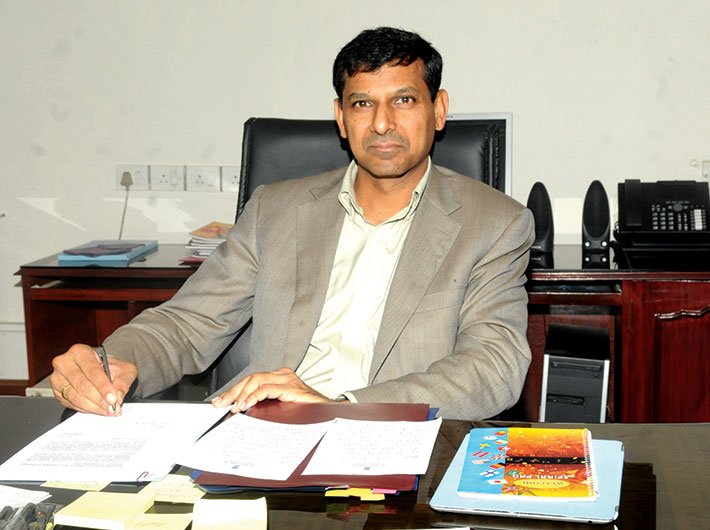Now go and bury it,” said major general Ian Cardozo, then a major with the 5 Gorkha Rifles, during the 1971 Indo-Pak war that led to liberation of Bangladesh. He had accidently stepped on a mine that had blown one of his legs. Aware that the wound may spread fast and cause more damage he chopped off the mutilated leg using khukri and handed it over to his batman to bury it. He was operated upon in Dhaka by a Pakistani army doctor who was captured during the war, and recovered fast. Cardozo went on to become India’s first disabled officer to command a battalion and a brigade in an armed force.
He was no doctor, but he understood the importance of surgery and the fact that when a disease becomes incurable or a tumour becomes malignant, it has to be removed to ensure that the rest of the body remains healthy. Reserve Bank of India (RBI) governor Raghuram Rajan is also not a medical doctor, but he too understands that only a “deep surgery” is the cure to the ulcerous bad debt that the public sector banks are piling up by the day.
Replying to an RTI application by The Indian Express, the apex bank said that while bad debts of 29 public sector banks jumped over 238 percent during last three years – from '15,551 crore in March 2012 to '52,542 crore in March 2015 – the banks wrote off a massive '1.14 lakh crore debt during 2013-15. Overall, the banks have written of '2.11 lakh crore of bad loans between 2004 and 2015, RBI said in its response.
The reason is easy to deduce if one just looks at the list of the defaulters that has been made public by banks as well as organisations like the All India Bank Employees Association (AIBEA). While the '7,000 crore loan default by liquor baron Vijay Mallya has become a classic case in the country’s banking sector legal battle, a recent report (quoting an AIBEA official) lists down companies owned by Padma awardees – Raghavendra Rao (CMD, Orchid Chemicals & Pharmaceuticals) and Deepak Puri (CMD, Moser Baer), as well as former union textile minister KS Rao’s company Progressive Construction among the other big defaulters.
“No one wants to go after the rich and well connected wrongdoer, which means they get away with even more. If we are to have strong sustainable growth, this culture of impunity should stop,” Rajan is reported to have pointed out in his recent communication to the RBI employees.
Unfortunately, the banks and the RBI to a certain extent had earlier been more concerned about dressing the wound rather than treating the benign tumour, which has now started to become malignant. It is a common knowledge in medical parlance that cells become abnormal if their DNA, and therefore their knowledge system, is damaged.
While the banking system in India is quite robust and Rajan has been driving preventive measures – from tightening corporate debt restructuring mechanism to encouraging banks to report NPAs more objectively and through a strategic debt restructuring scheme – it is surprising that the rogue cells or bad debts were allowed to spread too long, and too deep into the banking system.
It is not surprising then that the government is keen to set up an asset reconstruction company (ARC) that can “take the tumour (of NPAs) out” of the banking system. Officials in the finance ministry believe that with the specialist – ARC – taking care of the disease, banks will be able to focus on their core business better. Conceptually, ARC will acquire bad loans from banks at a discount and work towards recovering them through a variety of measures, including sale of defaulters’ assets or a turnaround strategy with the help of experts and professional managers.
However, it is important to understand that even though malignancy can be treated to a certain extent, prevention is always better than the curative action that the banking sector is now being forced to take. But the onus is not just on the banks. There is a much bigger role for the finance minister – to ensure that the ministry, particularly his office, gets to play the least role.
While banks can trigger restructuring to ensure proper assessment of credit worthiness, fixing pre-sanctioning appraisal responsibility and creating an effective post-disbursement supervision, it is also important that the banks are allowed to function with least interference.
Add to this Rajan’s stress on asset quality review undertaken by the central bank and we can expect better classification of loans. This will help establish standards and good accounting practices – information that will ensure that there is no benign growth of debt cells at all.
shubhendu@governancenow.com
(The column appears in the February 16-29, 2016 issue)

